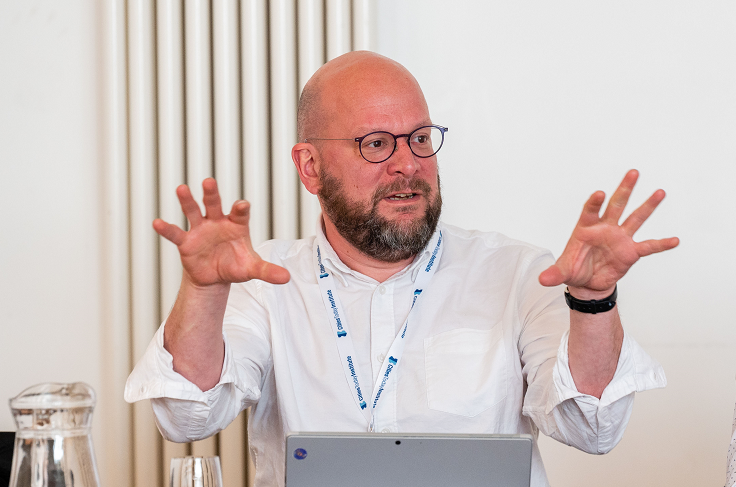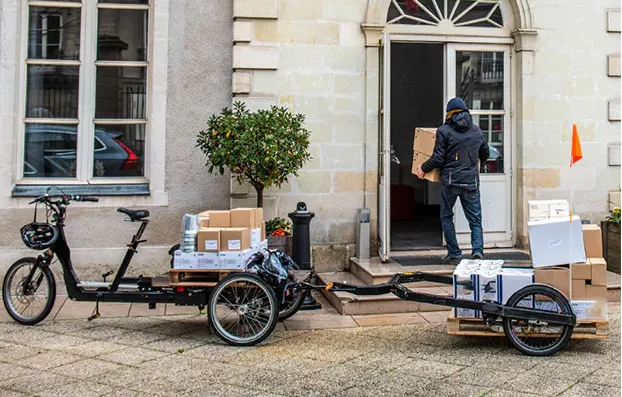
Cities can drive new climate investment models, says London’s Chief Digital Officer
15 June 2023
by Sarah Wray
Cities can become “market makers” and use data to create new business models for climate investments in technology such as solar panels, heat pumps and district energy systems, according to Theo Blackwell, London’s Chief Digital Officer.
He was speaking during an interview at the recent Cities Today Institute City Leadership Forum in Glasgow.
Resilience review
London’s Mayor Sadiq Khan has set the goal for London to be net zero by 2030 and for 80 percent of trips in the capital to be made by active and public transport by the end of 2040.
“That involves very, very significant change for our city and it’s my firm belief as Chief Digital Officer for London that this won’t be achievable without greater use of design, data and technology,” said Blackwell. “They’re absolutely central to meeting those goals.”
Earlier this week, Mayor Khan announced that he has commissioned an independent review into how London can further prepare for climate impacts, including harnessing technology, data and artificial intelligence (AI).
Examples already deployed in London include the tree canopy cover map, digital infrastructure that underpins the congestion charging zone, the use of data and AI to help reduce congestion, and air quality and flooding sensors for real-time information.
The city used figures from the High Streets Data Service to show how during the record heatwave in July 2022 – when temperatures surpassed 40 degrees Celsius – the number of visitors in central London fell to 74 percent of the previous month’s total.
As well as increasingly using dynamic and real-time data, London is also moving towards incorporating more data from external sources to meet its goals.
“In the future, we see much greater use of shared sensor data,” said Blackwell. “If we get a greater understanding of heat, energy and water, we might be able to take the next step, which is creating new business models for investment. And that’s the really, really big promise.”
New markets
He gives the example of a housing estate or neighbourhood that wants to install solar panels: “The city acts as the vehicle for a procurement of that nature and negotiates all of the legal consents, and so takes in a sense the risk of that investment away. Private investment comes into the neighbourhood and puts in solar panels or other required green infrastructure and the saving to the customer and the investment return to the company is worked out.”
This, he said, supports deals to retrofit neighbourhoods at scale: “It makes it more investment-friendly for long-term business propositions to be put into place.”
“That’s a really exciting potential,” said Blackwell. “But it’s only going to happen if we use data.”
“Think of it like when 4G came around,” he added. “It allowed us to do more peer-to-peer sharing – more Uber, car-sharing and property-sharing. All sorts of things came onto the market because the technology and the data enabled us to match supply and demand. The next generation of technology will enable us to do potentially the same thing.”









